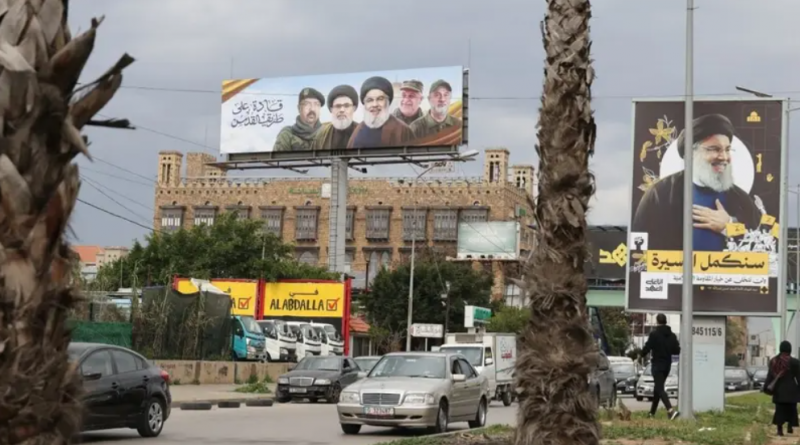On Saturday, the Lebanese capital, Beirut, experienced a cautious calm after Israel conducted airstrikes on the southern suburb of the city a day prior, violating a ceasefire agreement reached between the two parties last November.
Did Israel change its plans regarding Lebanon?
Israeli officials described Friday's airstrike on Hezbollah's stronghold in Beirut as a "strategic shift," possibly indicating that Tel Aviv aimed to announce a change in dynamics regarding Lebanon. However, a new Israeli report clarified that Israel’s plan remains firm in not allowing Hezbollah to rebuild itself, although it may adapt based on emerging threats, according to the Israeli newspaper "Maariv."
The report noted that Israeli Prime Minister Benjamin Netanyahu and Defense Minister Yisrael Katz promptly asserted that "what happened before October 7 will not recur," stressing that the Beirut strike was directed at "those who have not yet grasped the new situation," supported by claims that two rockets were launched from Lebanon into Israel, a claim Hezbollah completely denies.
Intelligence Information
The report also emphasized that the military will attack anywhere in Lebanon to counter any threats to Israel, ensuring that all northern residents can return to their homes safely. Defense Minister Katz was instrumental in pushing for the Beirut attack, believing that Israel's military strike on the southern suburb was the correct measure to protect the safety of Galilee residents (on the principle of Beirut for Galilee).
The action was reportedly initiated by Katz with the aim of creating a new strategic equation, especially since the Israeli military recently used intelligence to identify Hezbollah targets in Beirut. According to Israeli accounts, following gunfire directed at Israel on Friday morning, the decision was made to target a building used by Hezbollah, demolishing its lower part, which served as a weapons depot.
Moves to Change the Equation?
The newspaper remarked that Lebanon is a sovereign state with a government, military, security forces, and ruling institutions. It suggested that the recent Israeli escalation would not invalidate the old equation, believing that Israel would respond to fire from Lebanon with "calculated reactions" targeting Hezbollah’s assets only, without affecting the Lebanese government or its official institutions. It further noted that the equation might change if Israel perceives a significant threat looming.
Earlier on Friday, Israeli forces bombed the southern suburb of Beirut, a Hezbollah stronghold, for the first time since the ceasefire began in November, in response to alleged rocket launches from southern Lebanon towards northern Israel.
"Beirut for Galilee": The Most Intense Escalation in Southern Beirut Since Ceasefire
However, Hezbollah denied firing any rockets towards Israel. A party official reaffirmed its commitment to the ceasefire agreement, denying any connection to the rockets launched from southern Lebanon, accusing Tel Aviv of fabricating excuses.
The Lebanese military reported it had identified the launch site in the Qa'qaiet al-Jisr region in Nabatieh, north of the Litani River, and had begun investigations to identify those responsible.
Since the ceasefire agreement between Israel and Lebanese authorities, brokered by the U.S. and France on November 27, 2024, Israeli forces have conducted numerous raids on sites in Lebanon, citing the targeting of Hezbollah's positions. Israel also refused to withdraw from five strategic hills in southern Lebanon, despite the agreement stipulating a complete withdrawal.



